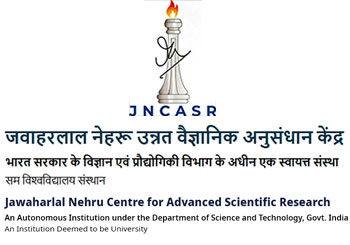Our laboratory is geared for studies that help us understand the electronic
and optoelectronic processes in extended macromolecular systems. We then
utilize this knowledge for device development—specifically solar cells and
field-effect transistors. Besides this, we also explore bioelectronics,
using soft-electronic polymers for biophysical problems, tissue engineering,
and vision prosthetic elements.
Materials
Designing and characterizing new organic electronic materials forms a major
part of our activity. We actively collaborate with leading chemists in this
field and provide feedback in the quest to develop high-mobility polymers
and small molecules, acceptor molecules for bulk heterojunction-based solar
cells, and high and low-k dielectrics. We invest considerable effort in
optimizing processing conditions for desired properties.
Our processing tools include spin-coating and printing methods, annealing
under electric field conditions, soft-lithography approaches, and vapor
deposition.
Devices
A range of photovoltaic structures and architectures have been studied in
our laboratory. We are particularly interested in developing large-area
devices with low manufacturing complexity.
The laboratory has pioneered polymer-based optical-field effect transistors;
interfacing organic/polymer semiconductors with biological media at
molecular, cellular, and system levels; large-area position sensors;
stretchable-flexible light-emitting diodes; resonant cavity NIR high-speed
detectors; and large organic solar cell designs.
